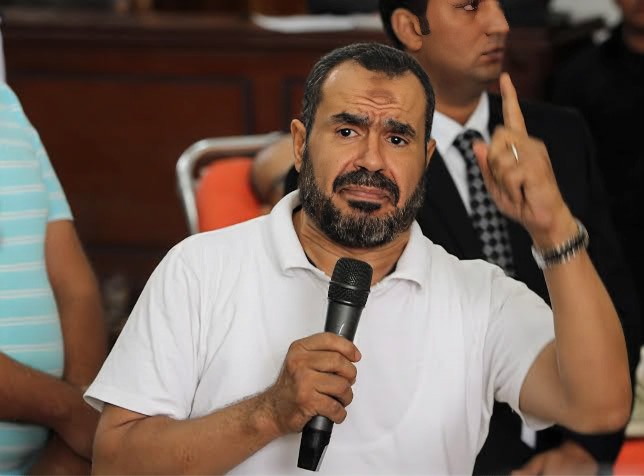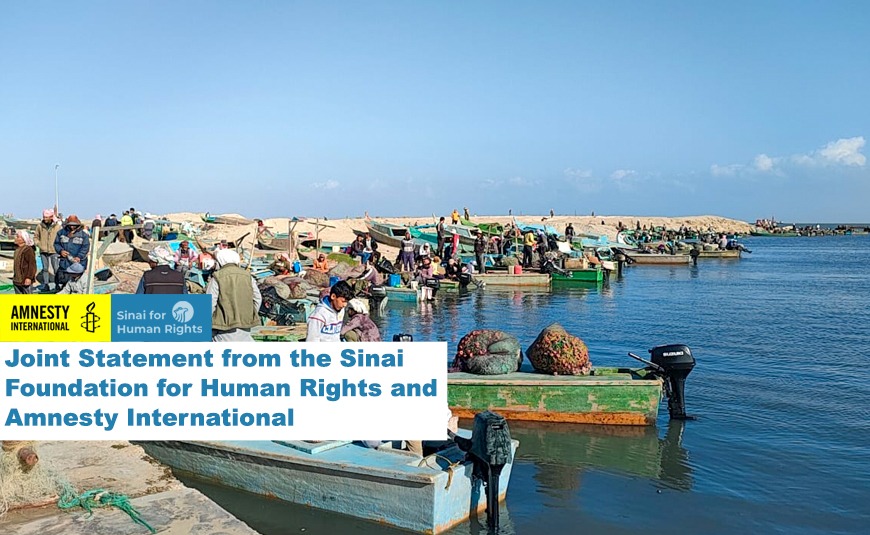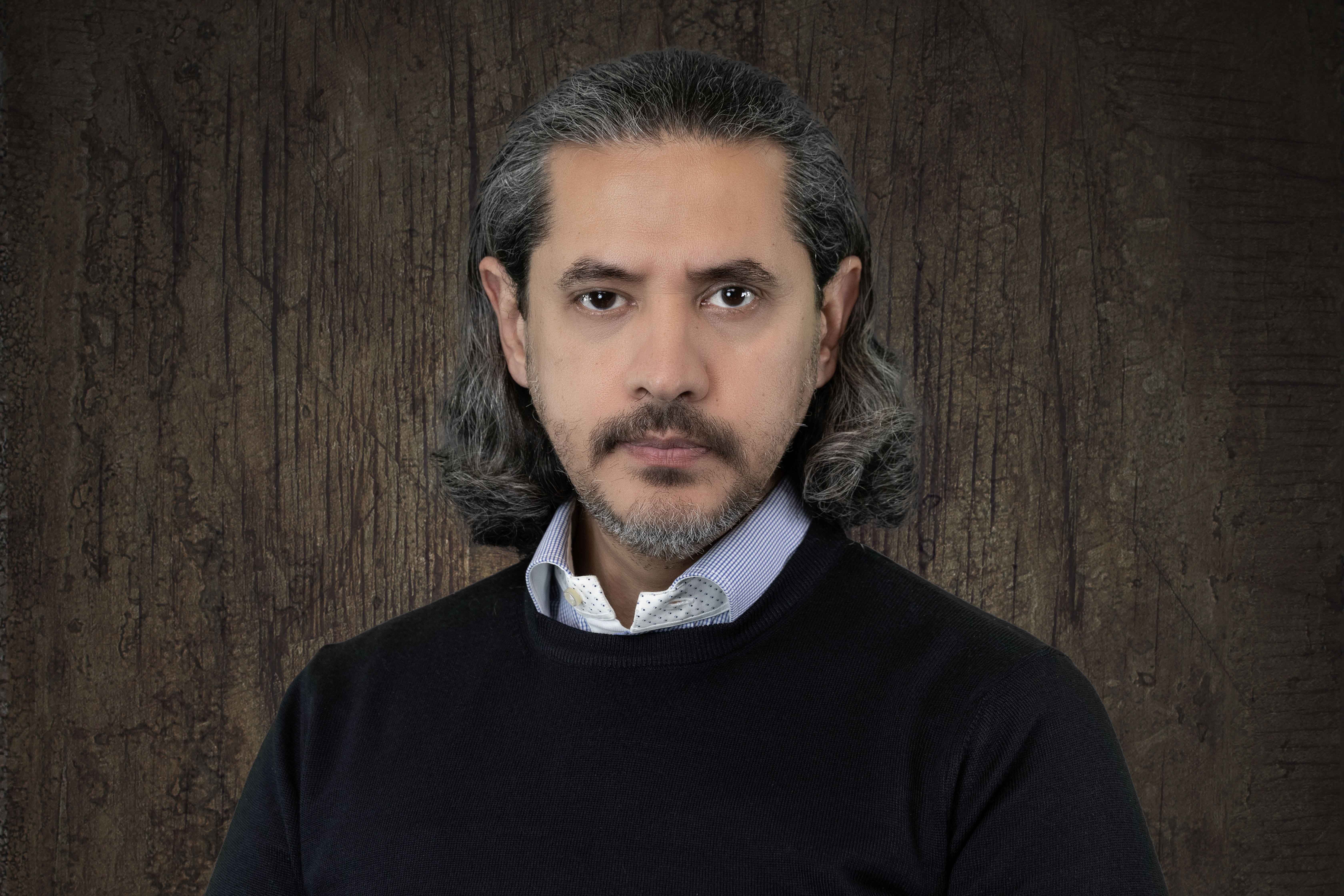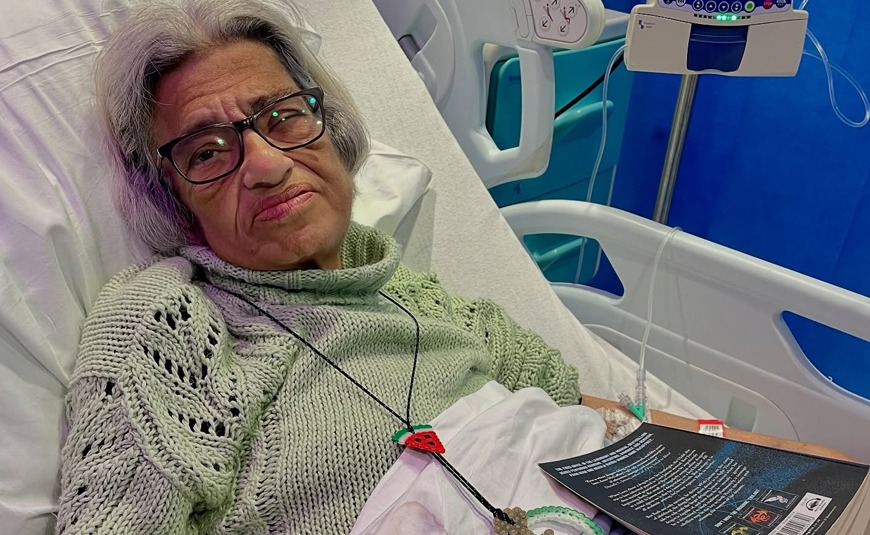
Egypt: President Sisi bears direct responsibility for the fate of Laila Soueif and political prisoners
The undersigned organizations hold President Abdelfattah al-Sisi personally responsible for the life of Laila Soueif, whose health is dramatically deteriorating as she approaches 270 days of hunger strike in protest of the indefinite detention of her son, Alaa Abdelfattah.
Alaa Abdelfattah, imprisoned for most of the past decade, should not have spent a single day detained. He was first arrested in 2013 for participating in a peaceful protest against military trial of civilians; security forces raided his home and assaulted him when he asked to see a warrant. In 2014 he was sentenced to five years in prison. A few months after his release in 2019, he was rearrested for sharing a social media post on a torture case and was sentenced in a 2021 sham trial for “spreading fake news” to another five years in prison. He was due for release in September 2024, but authorities have refused to count over two years he spent in pre-trial detention.
Will Alaa Abdelfattah be arbitrarily imprisoned for two more years or two more decades after a third sham trial? No one in Egypt really knows, including judicial authorities or security services. The decision lies with President Sisi. All potential scenarios are possible in Egypt's post 2013 military coup, including creating harsh detention conditions that would push Alaa to suicide, as it pushed other detainees before.
Given these circumstances, Soueif’s hunger strike risking her life is understandable. After many petitions from Alaa’s family, heads of political parties, and academics appealing for his release were sent to President Sisi and Egypt’s First Lady - there is no end in sight to Alaa’s plight. One of Egypt’s worst kept secrets is that Alaa’s indefinite detention is a political decision ordered directly by President Sisi, who has thus far clearly demonstrated no intention of ever voluntarily releasing him.
President Sisi’s direct involvement in the imprisonment of Alaa Abdelfattah was known to many politicians, intellectuals and human rights defenders while he was serving his first sentence between 2014 and 2019. At the time, it was rumored that under orders from President Sisi, the authorities would not release Alaa Abdelfattah upon the expiry of his sentence. That rumor turned into an acknowledged fact when Alaa Abdelfattah was ultimately released in 2019 under probationary conditions that forced him to spend twelve hours a day inside a police station. He was rearrested a few months later to face additional baseless charges, on which he was later sentenced to another five years in prison by a State Security emergency court. His prolonged detention despite the expiry of the second five-sentence is the latest testament to the adamant refusal of President Sisi to set him free.
Alaa Abdelfattah is not the only person known to be kept behind bars under direct orders from President Sisi. Others, including Abdel Moniem Aboul Fotouh, the head of Strong Egypt Party, have been languishing behind bars since 2018 at the whims of President Sisi. Aboul Fotouh has spent over the past eight years in solitary confinement serving a baseless 15-year sentence that expires in 2033, and in December 2024 was added to a new fabricated case to send the message that he will not leave prison alive. The 73-year-old Aboul Fotouh has suffered multiple heart attacks while imprisoned, as the authorities refuse to transfer him to a hospital or provide him with necessary health care. This is not simply medical negligence but further represents the authorities’ clear intent to kill political opponents in jail, as they did with former President Mohamed Morsi and several other leaders of the Muslim Brotherhood. Others, including filmmakers and economists, have met untimely deaths behind bars as a result of the same policy.
Egypt’s model of governance, marked by systemic repression and authoritarianism, is not an unavoidable requisite for ensuring the country’s stability, as President Sisi has implied. Rather, it risks fostering heightened political and social unrest, with serious implications for Egypt’s 100 million citizens and for stability across the Mediterranean region.
Signatory Organizations:
Cairo Institute for Human Rights Studies
Egyptian Front for Human Rights
El Nadeem Center
Egyptian Commission for Rights and Freedoms
The Egyptian Human Rights Forum
Sinai Foundation for Human Rights
Egypt Wide for Human Rights
Law and Democracy Support Foundation
Tags
Recent Posts

Most viewed
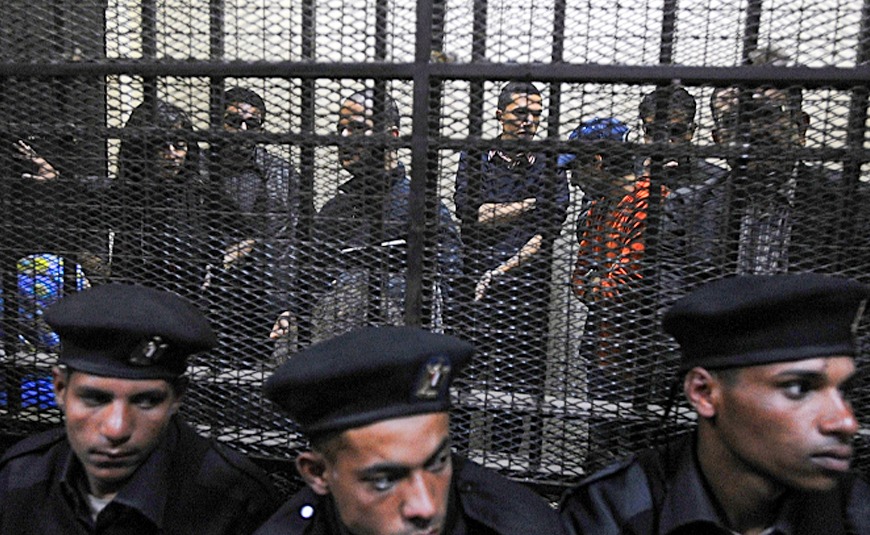
Related Postes
 English content
English content English content
English content

